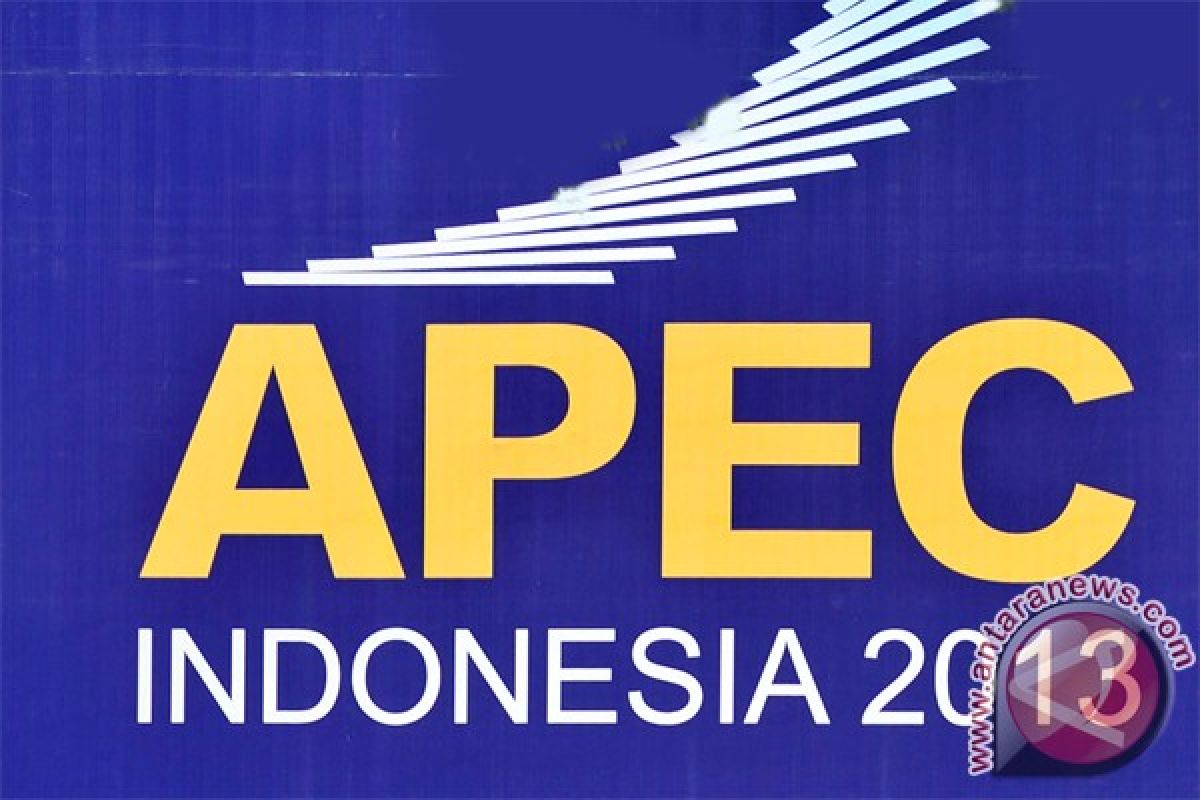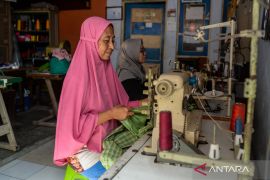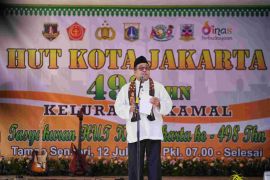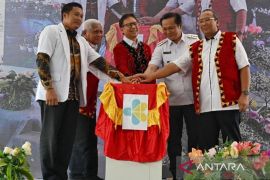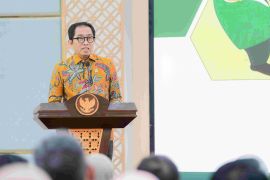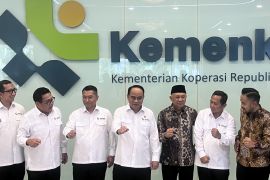the APEC connectivity agenda had the potential to only smooth the flow of import products into Indonesia, M Riza Damanik, the executive director of the non-governmental organization IGJ, said.Jakarta (ANTARA News) - The Indonesia for Global Justice (IGJ) has warned that the government should not carelessly and flatly agree to any item in the agenda of APEC meeting held in Indonesia.
"The IGJ urges the government to not carelessly support and agree to the Asia-Pacific Economic Cooperation`s connectivity agenda," M Riza Damanik, the executive director of the non-governmental organization IGJ, said here on Monday.
Riza said that the APEC connectivity agenda had the potential to only smooth the flow of import products into Indonesia.
The government should have focused on protecting the survival of national economy, Riza said.
He said that the government could do that by restricting the involvement of foreign investment that could hamper the people`s economic productivity.
The IGJ director is also of the view that the APEC ministerial meeting in Bali on April 7 - 21, 2013 has the potential to worsen the country`s trade deficit.
"The APEC regional economic connectivity framework aims to enhance trade liberalization in the Asia-Pacific region," he said.
Based on the experience in the previous ASEAN economic integration agenda, he said, Indonesia`s trade inclined to suffer a deficit.
He reminded that until early this year, Indonesia has recorded a deficit of millions of dollars.
Indonesia has earlier planned to propose a connectivity framework for countries grouped in the Asia-Pacific Economic Cooperation (APEC) forum.
"In the coming 40 days, Indonesia will issue a first proposal on the connectivity framework that will incorporate three aspects of connectivity among nations," Yuri O. Thamrin, chairman of APEC`s Senior Officials` Meeting, said in Surabaya, East Java, on Friday.
The three aspects of connectivity among nations are infrastructure, institutional and people-to-people aspects.
Indonesia as the APEC Summit Chair in 2013, has pushed discussions on the development of infrastructure to support the regional connectivity in the ongoing Second Senior Officials` Meeting (SOM 2) and Related Meetings of APEC held in Surabaya, April 6-19, 2013.
In addition to the infrastructure development and investment, other issues being discussed during the meeting include women`s empowerment in economic program, the competitiveness of small-and-medium scale enterprises, the improvement of access to health services, and international cooperation in education, Ambassador Yuri Thamrin, the Indonesian foreign ministry`s director general of Asia, Pacific and African cooperation, said.
Thamrin, as the chair of the APEC SOM 2, said the idea to put forwards priority issues was supported by senior officials of the 21 member economies of APEC in the meeting.
Indonesia is safeguarding the connectivity plan in Asia and the Pacific which is expected to facilitate people in the region to travel and do businesses, according to him.
In the future, through this infrastructure framework, physical connectivity facilities such as bridges, harbors and seaports, will increase, he said, adding that related regulations and transparency will also be improved.
"Promoting infrastructure development and investment is one of the main deliverables of APEC economies in 2013," noted Yuri Thamrin earlier in a press statement posted on the APEC website.(*)
Editor: Heru Purwanto
Copyright © ANTARA 2013
